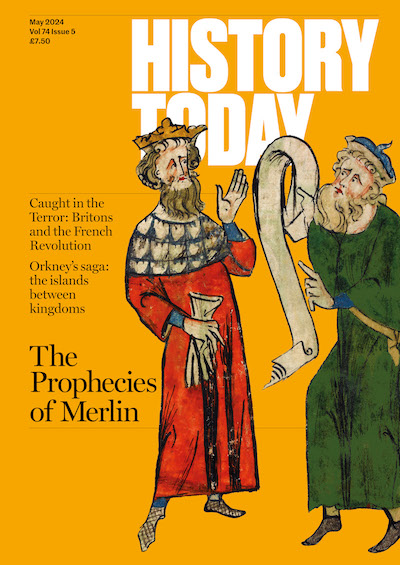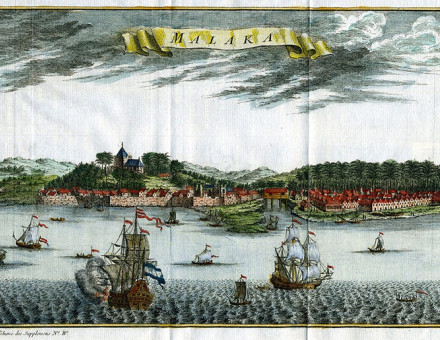An Episode in Anglo-Hanseatic Relations
J.L. Kirby describes how, early in the fifteenth century, King Henry IV of England ordered three trusted servants to conduct delicate negotiations with the rich cities of the Hanseatic League, whence England imported such precious commodities as dried fish, furs, tar and timber.



